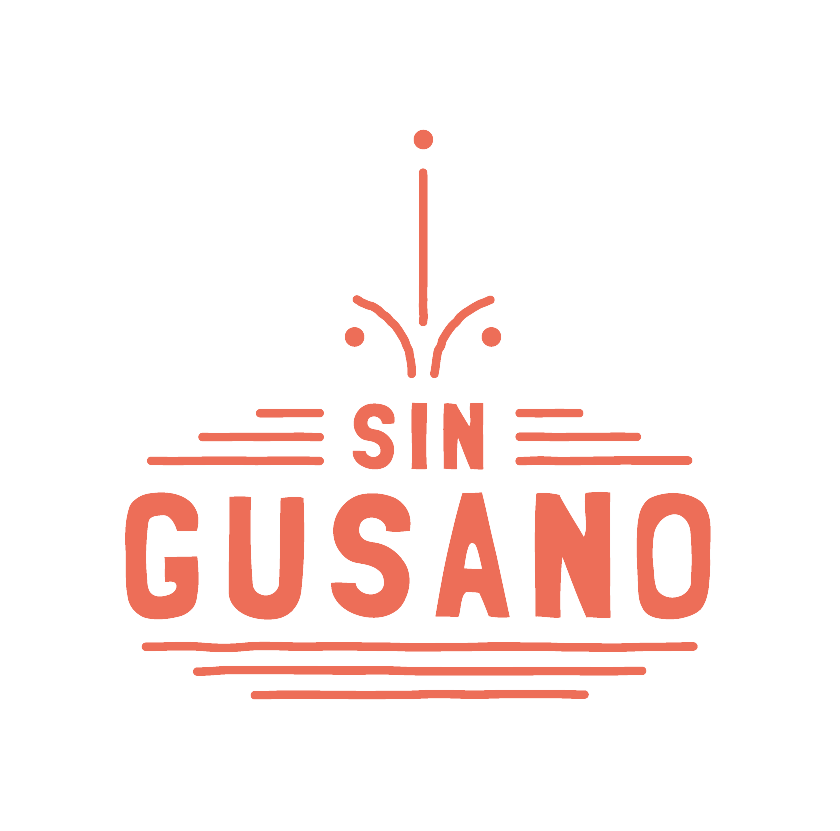Update from Lou Bank at SACRED, our primary charity partner
The Sin Gusano project and its customers have been supporting SACRED as part of our profit share programme since 2017. Following our most recent donation I asked SACRED founder Lou Bank for a brief update on projects. I’ll be travelling in the states of Durango and San Luis Potosi with Lou in January next year (as long as Covid allows), so expect to hear more about future projects after that. For the moment Lou’s update follows verbatim:
Thanks, Jon, for all of your support! We just wrapped our three-year commitment to Telesecundaria El Manantial - with your help we have purchased more than 33,000 Tobala seedlings (and around 750 Arroqueno seedlings) from the middle school and distributed them for free to mezcal producers around Oaxaca, in allotments of 500 to 750 per family. Since our first distribution pre-dates that three-year commitment, some of those first agaves are at least now halfway to maturation, so ... spirits soon! I was just in Oaxaca and got to visit the school and see where they are building a library; paid for entirely by the money they earned selling us seedlings. Very cool! So cool, in fact, that we're not ending our commitment - we'll continue to purchase seedlings from them, and have begun production of a video that we hope will help us find additional supporters who can help us fund the replication of the program at middle schools in other recycler communities in the country.
The rain-harvesting system in Zaachila (where the middle school is located) was installed a couple of months ago - if you check the IGTV feed of SACRED @sacredagave you'll see a video I did last week documenting it. The Ixcatlan rain-harvest project has been delayed until October, by which date the engineer and project manager will be fully vaccinated. A recent spike in cases in Oaxaca has everyone on edge, and we don't want to spread to that community.
We recently launched Replanting Jalisco, an initiative to build three greenhouses to help preserve that state. The greenhouses will be run by families who have been making heritage agave spirits for multiple generations; they will be paid to run the greenhouses. They will grow from seed four at-risk varieties of agave and three at-risk varieties of trees, and those seedlings will be planted on their lands as well as the lands of neighbours who are stewards of the same traditions. They will also be committing to keep their lands wild as part of the program, in order to preserve the disappearing wild lands of Jalisco, which are being converted rapidly into farm after farm after farm of homogenous blew weber agave.
Additionally, we've begun working on programs to improve a community in Jalisco that is home to the workers who staff a tequila factory, and are also investigating a program that will convert vinases and bagaso - the by-products of agave fermentation and distillation - into adobe bricks, that can be used to support community projects. There are a number of producers doing something similar, notably Lalocura and Sombra. Our project would be working in a couple of different states.
